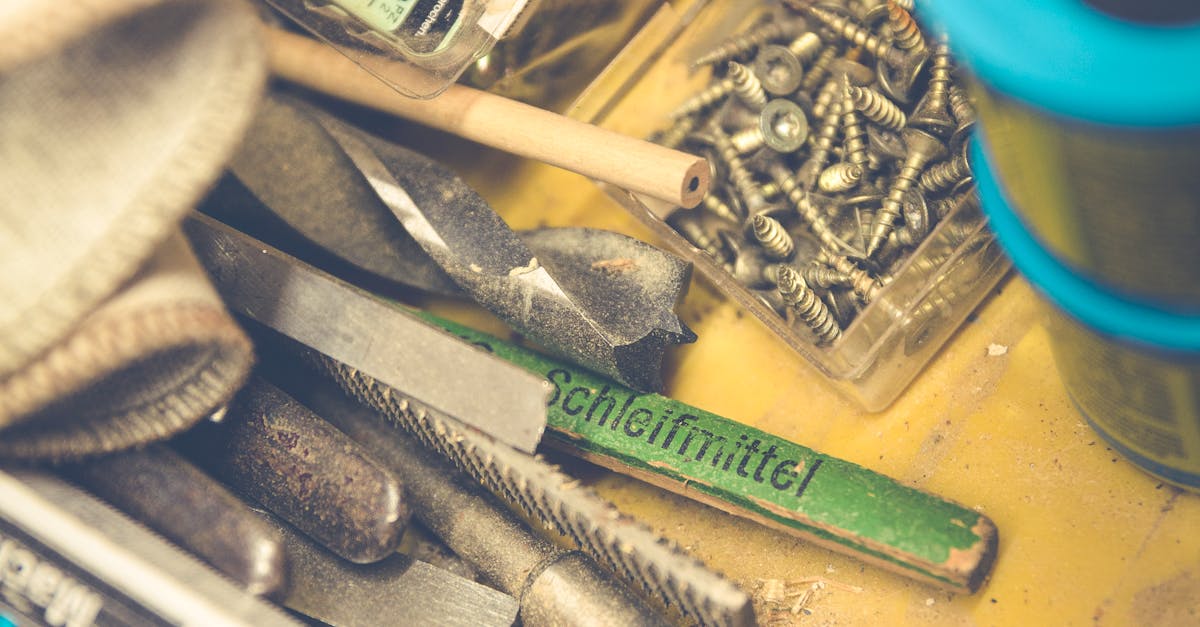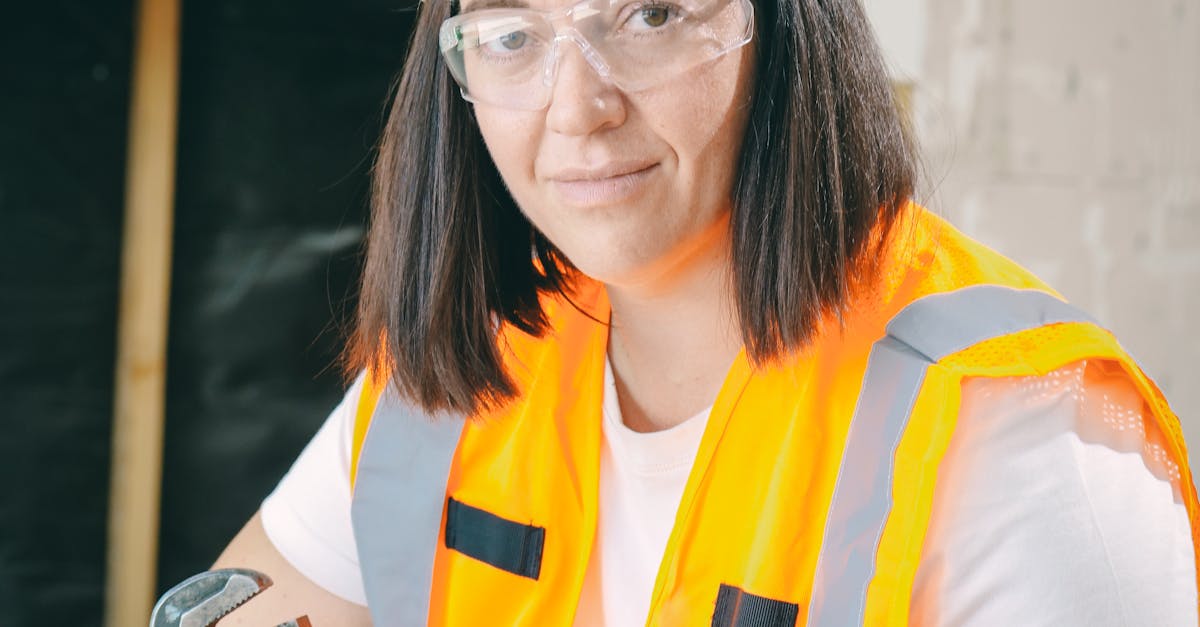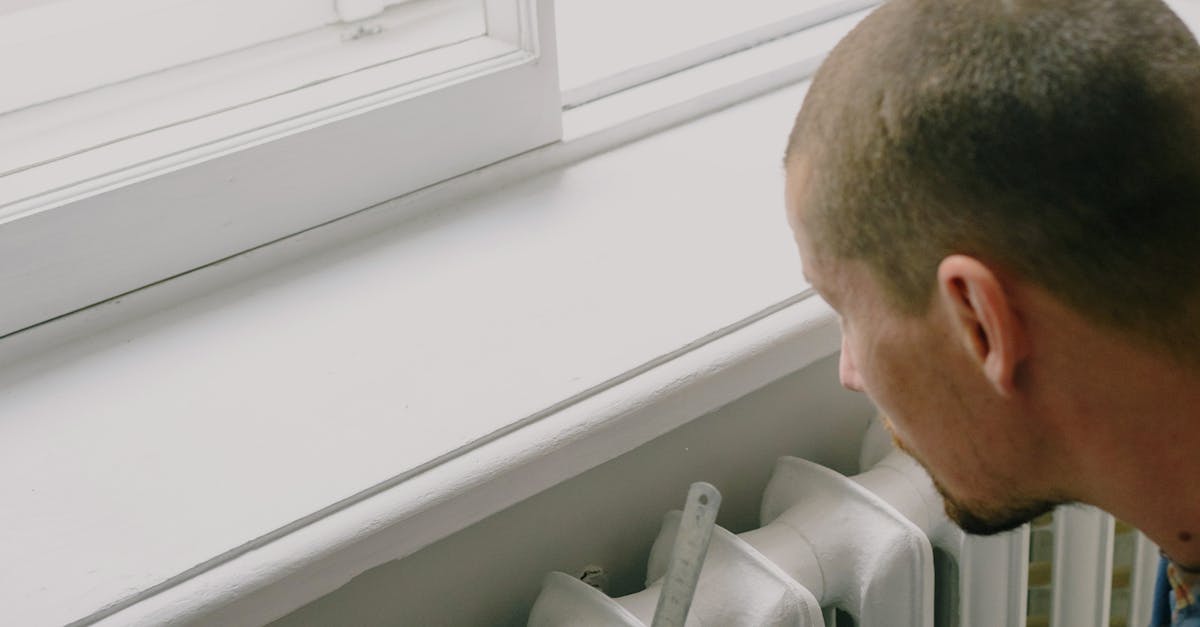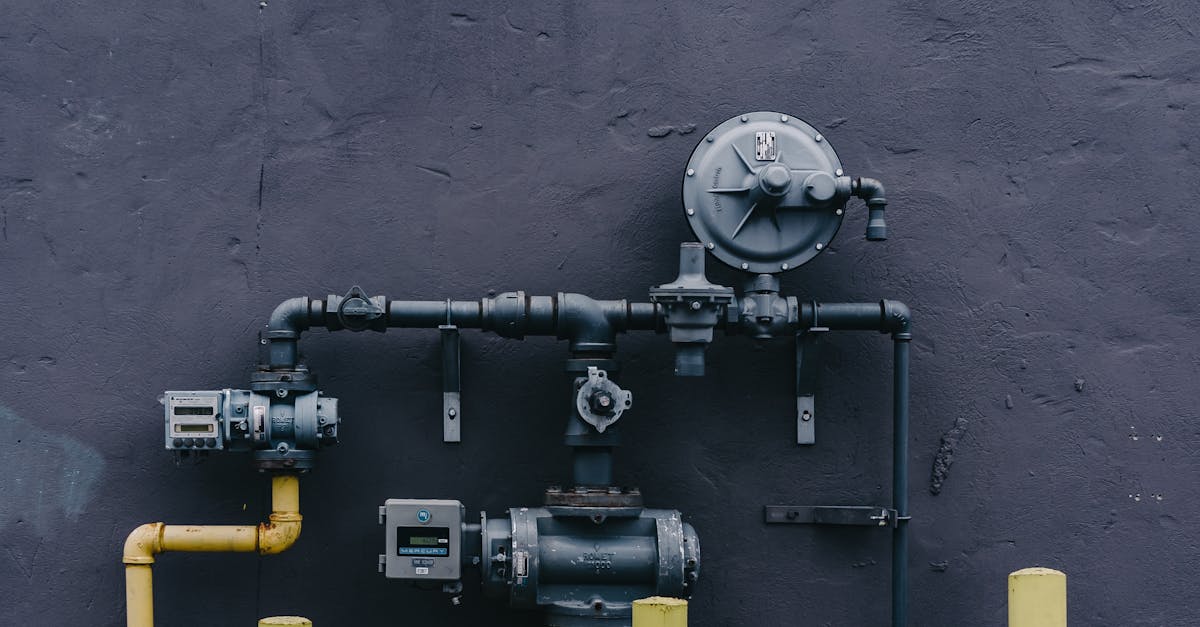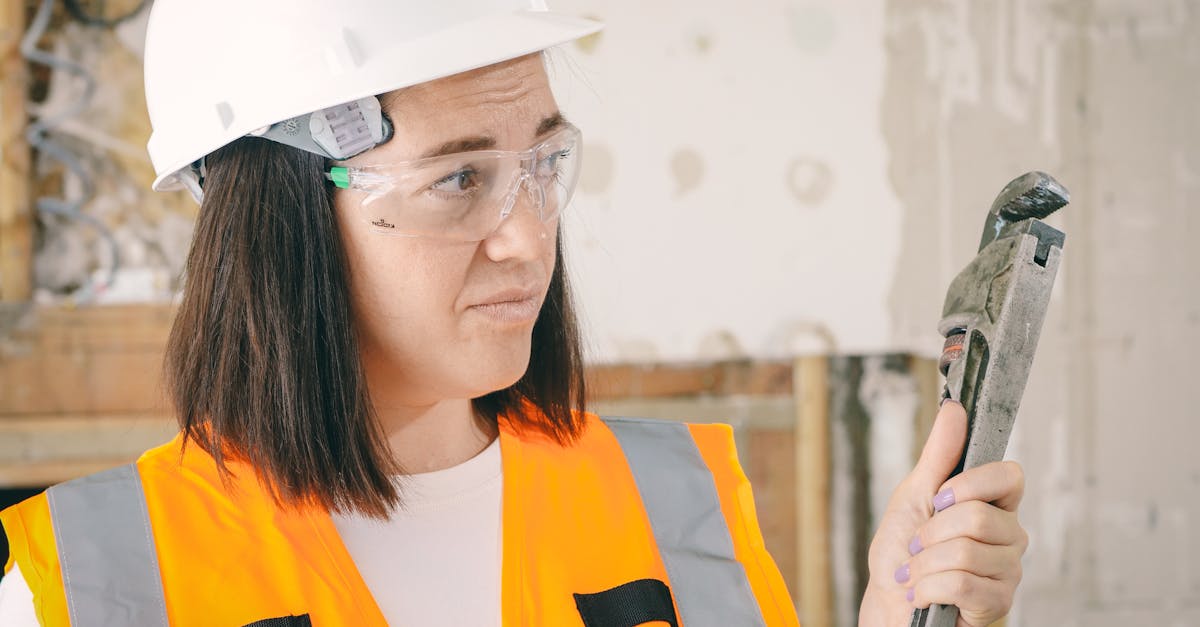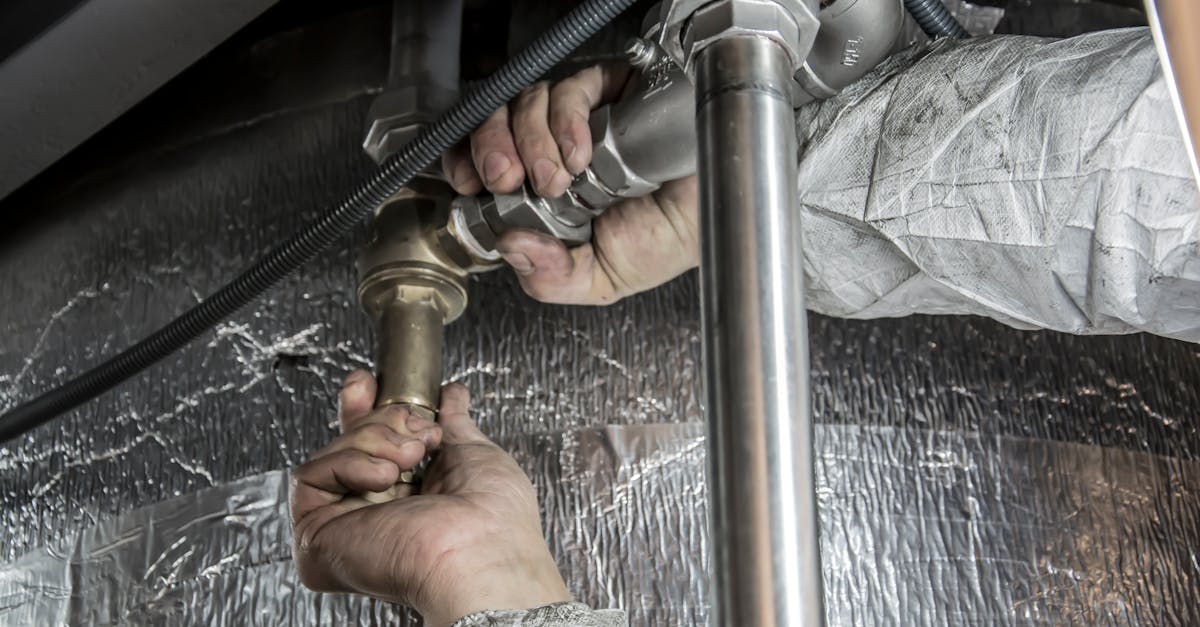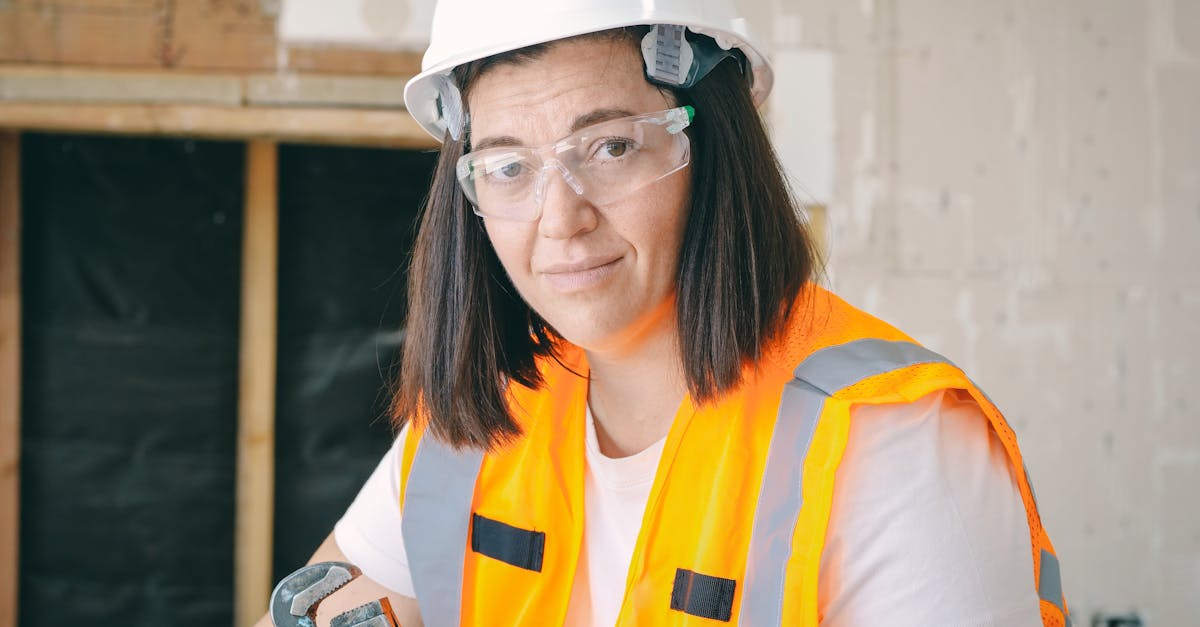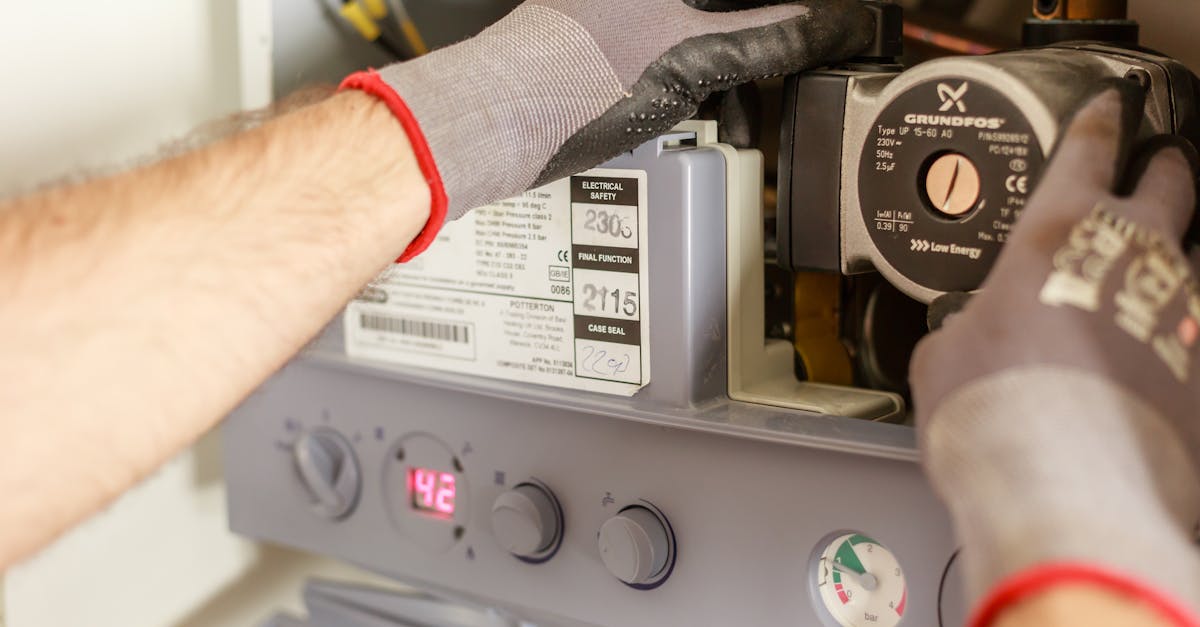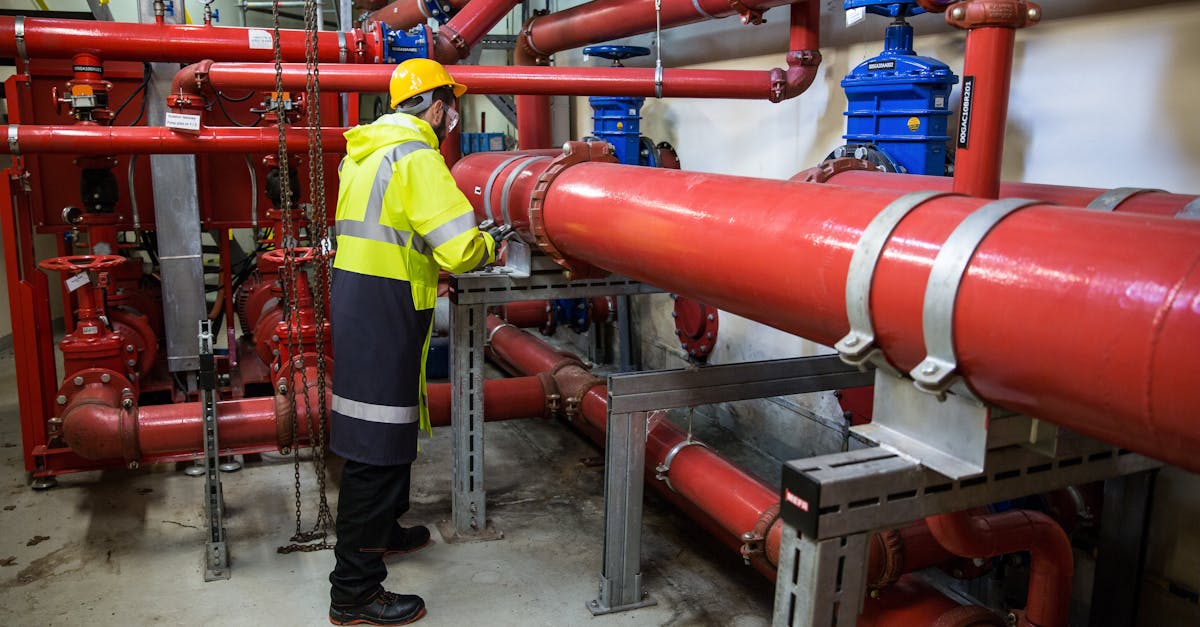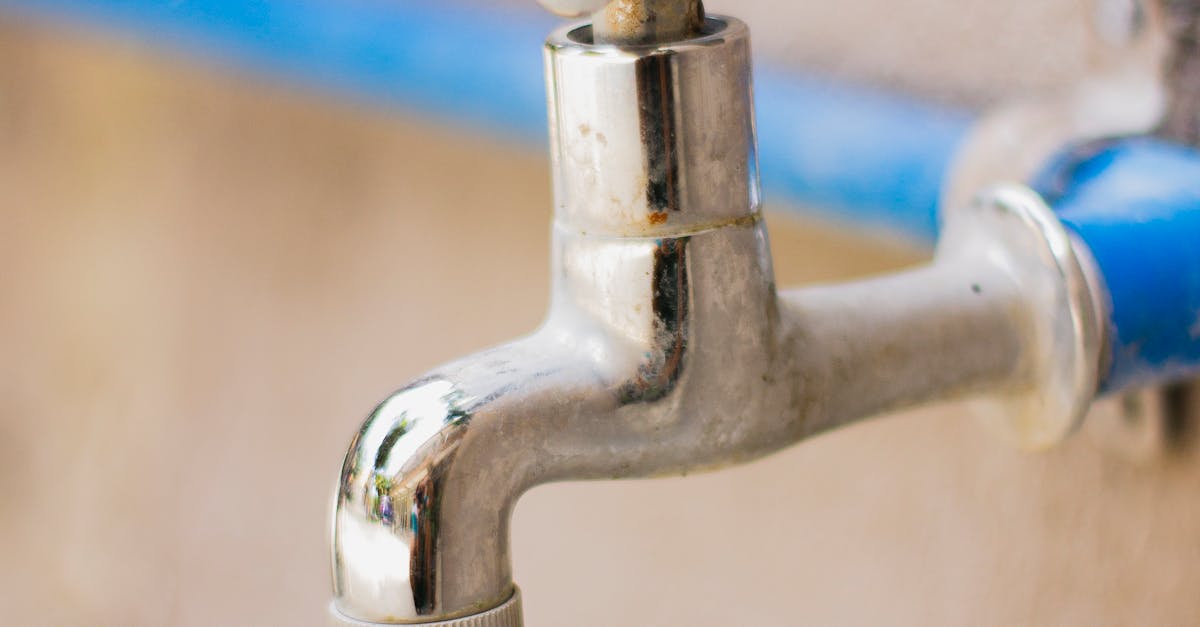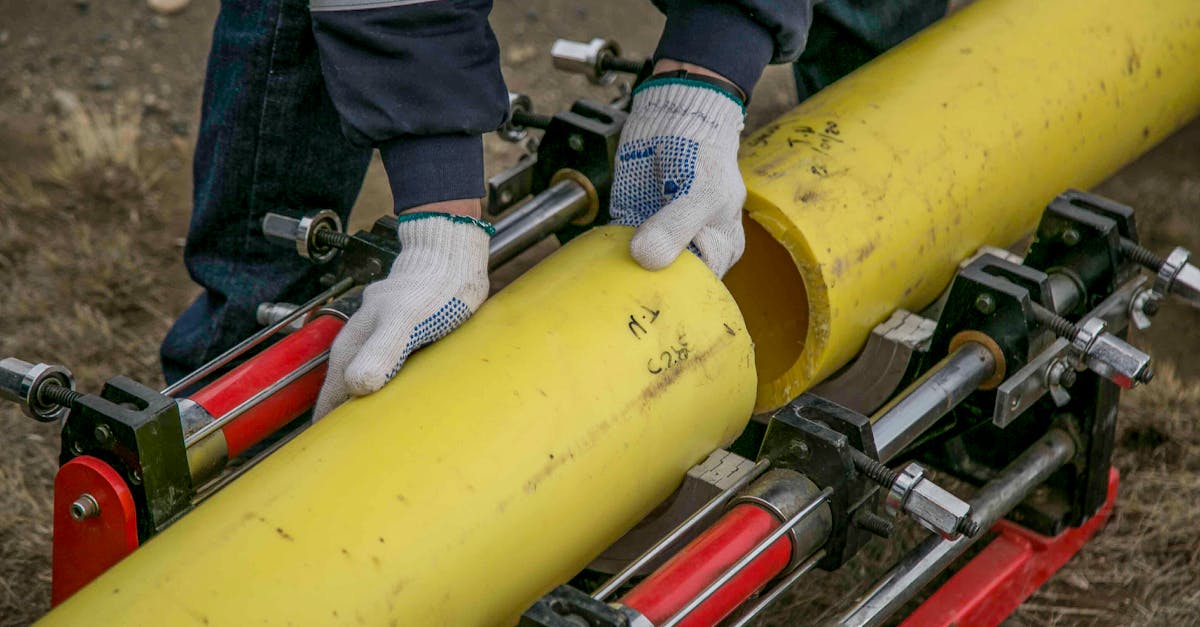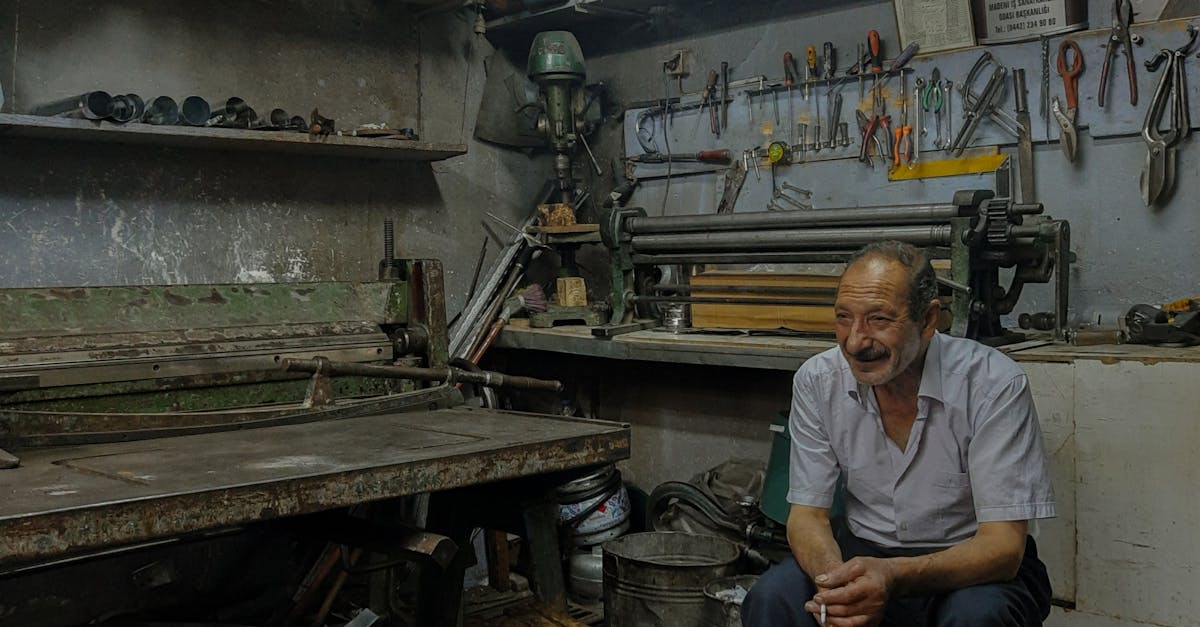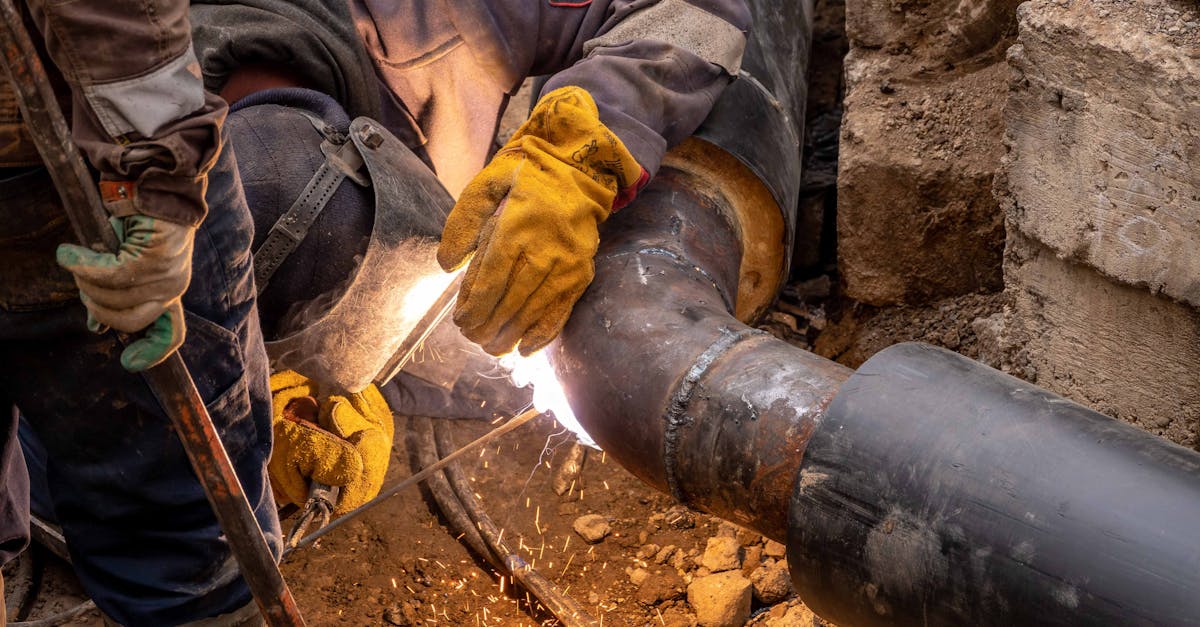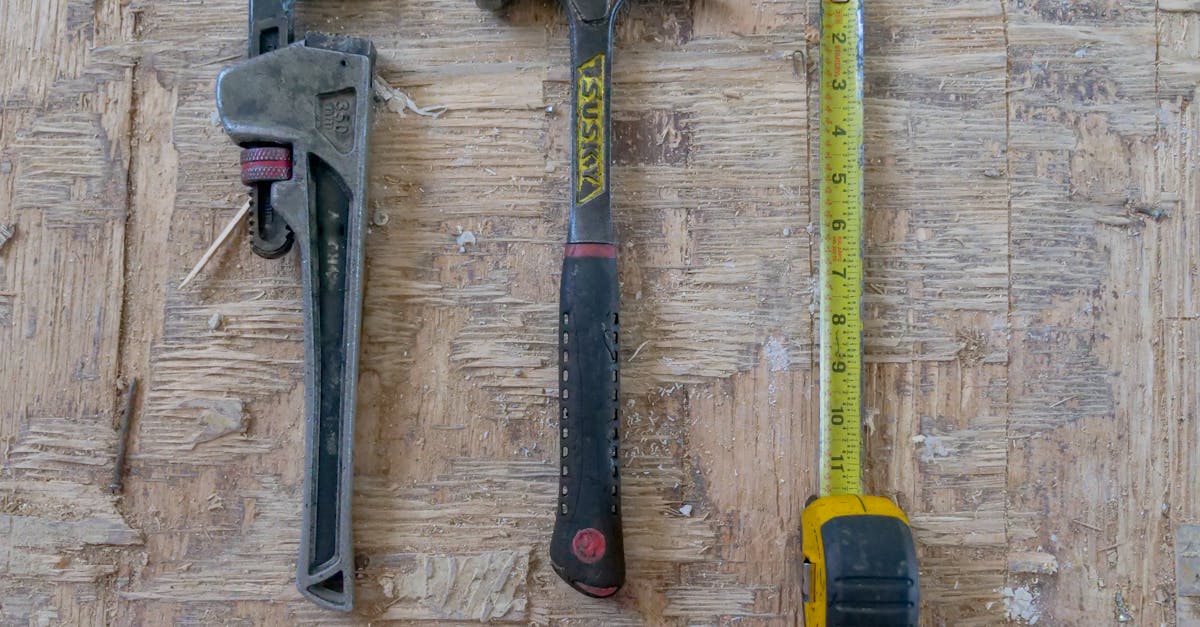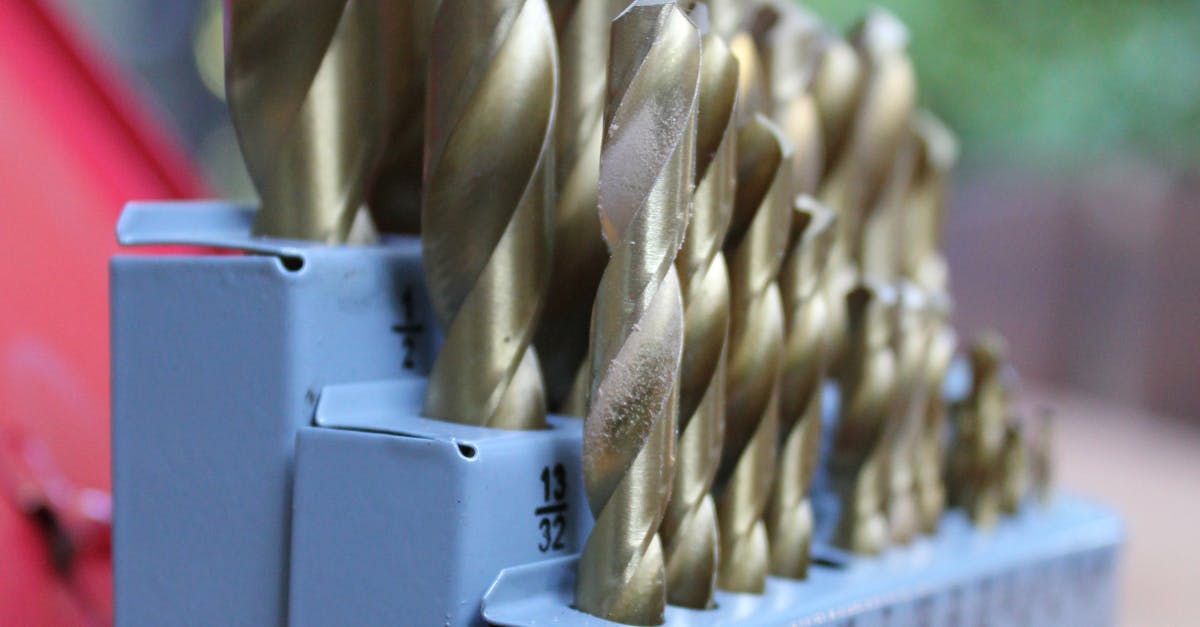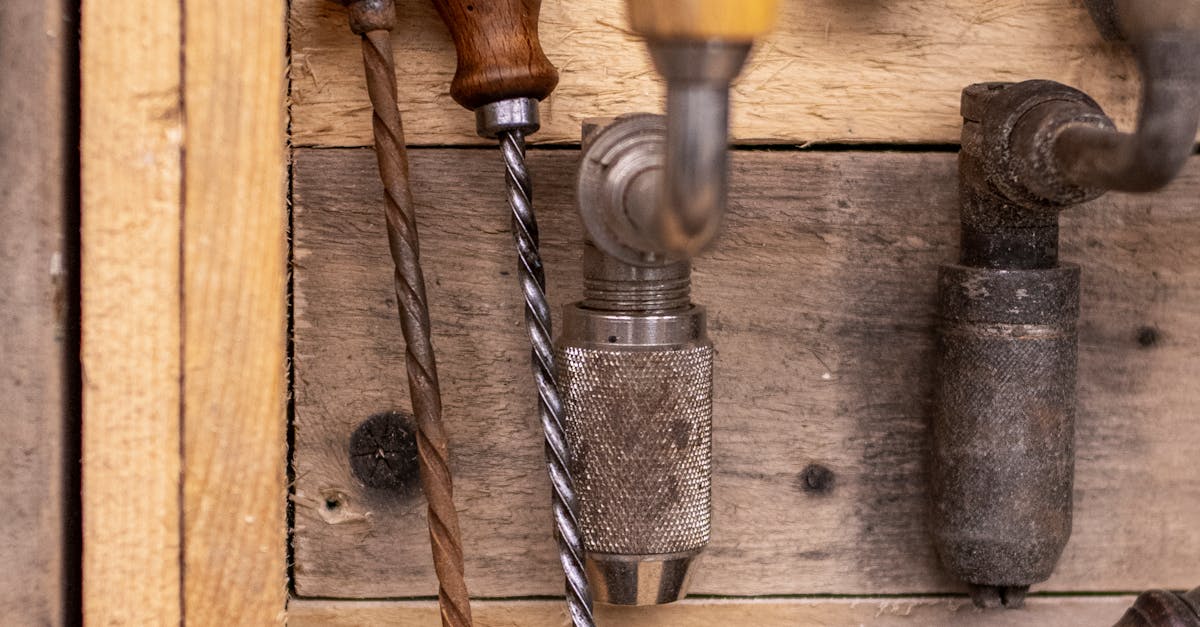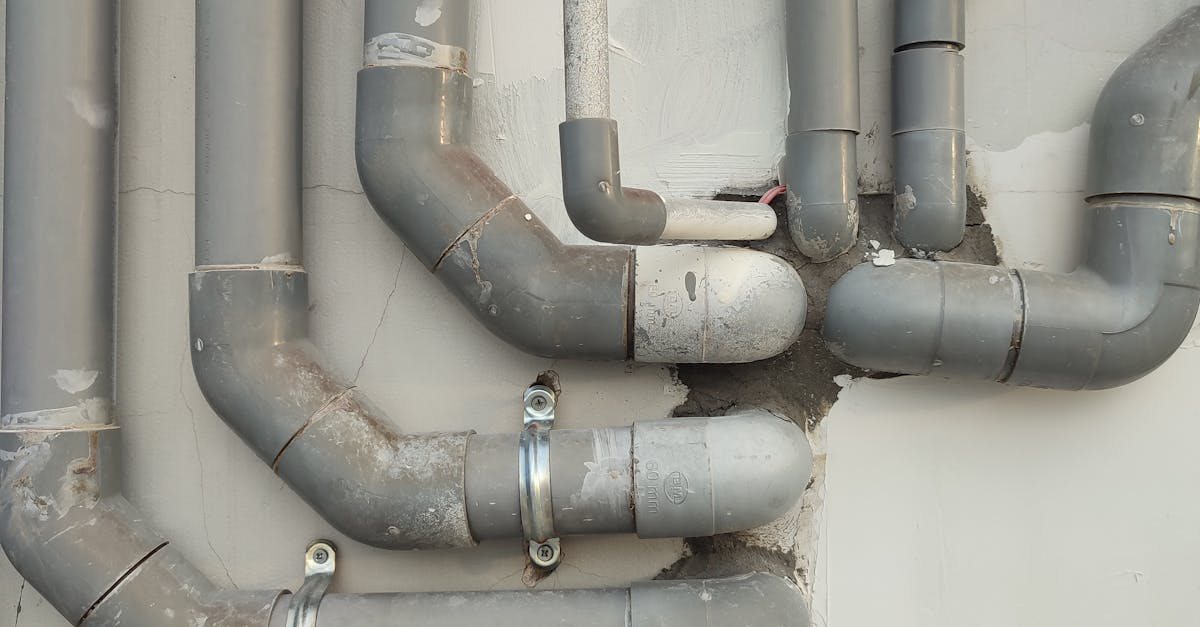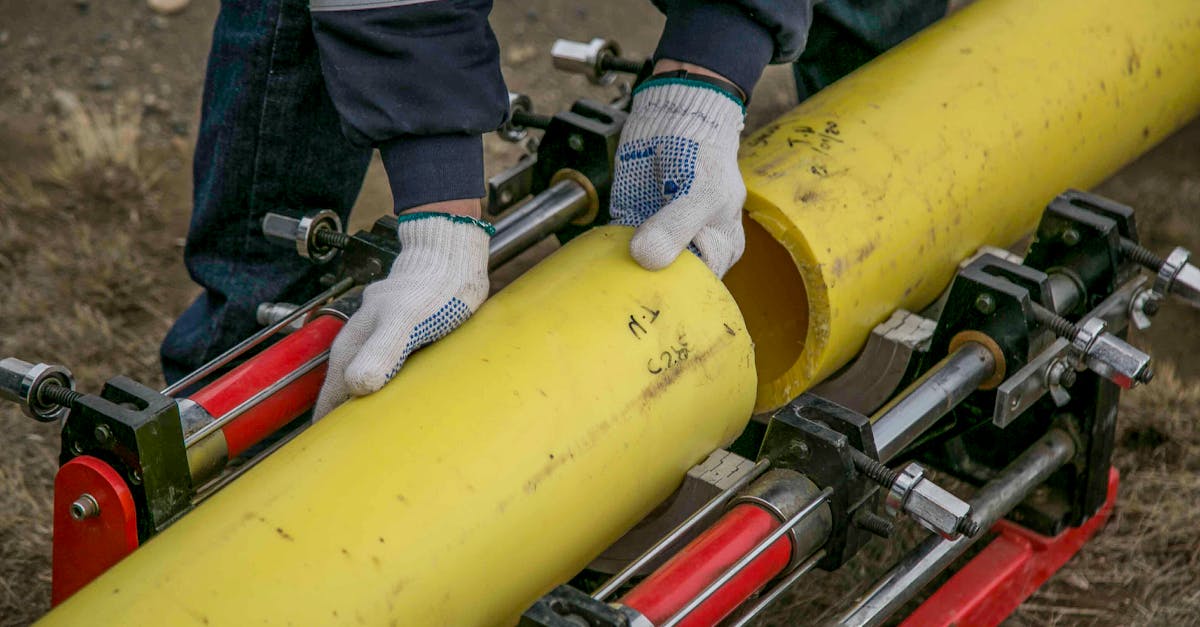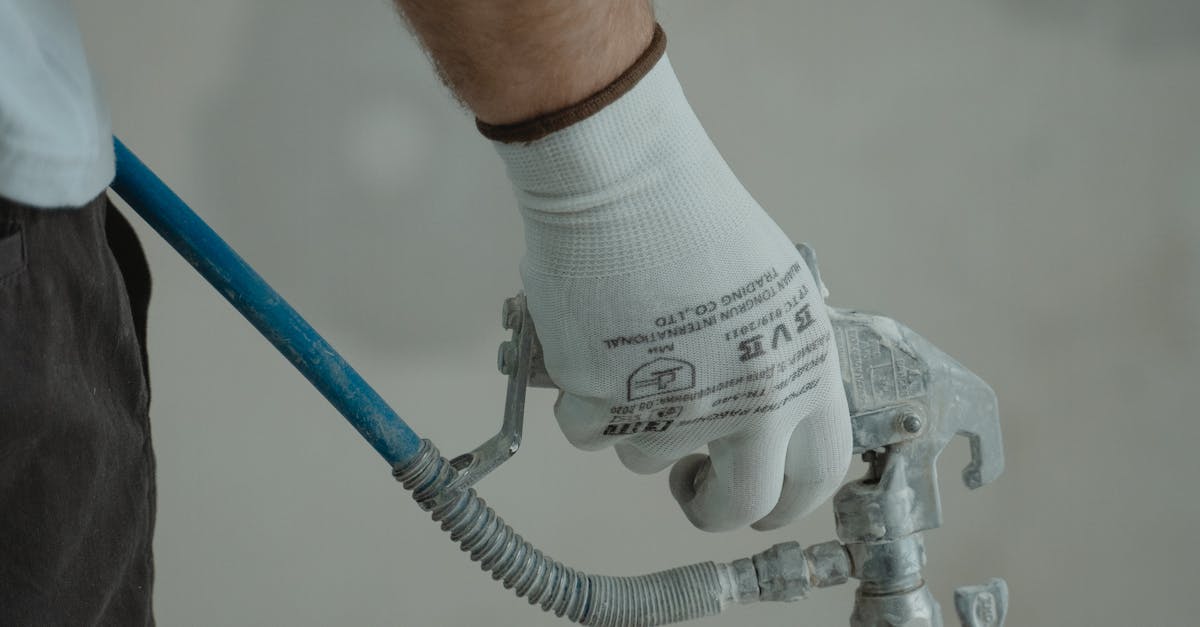
Table Of Contents
DIY Repairs vs. Professional Services
DIY repairs can often seem appealing for homeowners looking to save money on Hot Water System Repairs. Many basic issues, like thermostat adjustments or simple leak fixes, can be managed with some basic tools and online tutorials. Taking on these tasks may provide a sense of accomplishment and immediate cost savings. However, not all problems are straightforward, and improper repairs can lead to more significant damage and higher costs in the long run.
On the other hand, professional services bring expertise and reliability to Hot Water System Repairs. Licensed technicians possess the necessary training to diagnose and fix complex issues effectively. This expertise minimizes the risk of errors that could exacerbate problems. Although professional services entail a higher upfront cost, they provide peace of mind knowing that the repair is done correctly and safely, which can be especially crucial in preventing future complications.
Pros and Cons of Each Approach
DIY repairs can be an appealing option for many homeowners looking to save money. With the right tools and a bit of research, individuals can handle minor issues like replacing a heating element or fixing minor leaks. This approach can provide a sense of accomplishment and control over the repair process. Additionally, DIY repairs often take less time if you're familiar with the system. However, without proper knowledge, there's a risk of creating further damage or voiding any existing warranties. The complexities of modern hot water systems may also require specialized skills that the average homeowner might not possess.
On the other hand, hiring professional services for hot water system repairs ensures that the issue is handled by someone with the expertise and experience necessary for a thorough job. Professionals can quickly identify underlying problems that may not be immediately visible, reducing the risk of future malfunctions. This option often comes with a cost that might deter some homeowners. The expense of labor and parts can accumulate, and waiting for a technician to become available might lead to extended periods without hot water. Balancing cost and convenience is key when deciding between DIY and professional repairs.
When Replacement is the Better Option
Several factors can signal that replacing a hot water heater may be more prudent than attempting repairs. Age is a significant consideration, as most units have a lifespan of around 10 to 15 years. When a heater nears the end of this lifespan, the likelihood of recurring issues increases. Additionally, frequent breakdowns or significant leaks often indicate that the system is failing and might not be worth the investment in hot water system repairs.
Financial implications also play a crucial role in determining whether to repair or replace. If repair costs approach or exceed half the price of a new unit, many homeowners opt for replacement. Energy efficiency is another critical factor, especially with advancements in technology that can lead to savings on monthly bills. A new hot water heater can improve efficiency, reduce energy costs, and provide better service, making it an attractive option when faced with ongoing repair decisions.
Key Factors Leading to Replacement Decisions
Several factors can indicate when it's time to replace a hot water heater instead of opting for repairs. Age plays a significant role; most heaters last around 10 to 15 years. A unit that is nearing the end of its expected lifespan is often a candidate for replacement, as the likelihood of repeated breakdowns increases. Additionally, persistent issues despite performing hot water system repairs can signal deeper, systemic problems within the heater.
Cost is another crucial consideration. If repair costs are approaching or exceeding the price of a new unit, replacement may be the more economical choice. Energy efficiency also factors into the decision-making process. Older models tend to consume more energy, leading to higher utility bills. Investing in a newer, more efficient system can result in significant savings over time, making it a smart long-term choice.
The Importance of Regular Maintenance
Regular maintenance of a hot water heater is crucial to ensure optimal performance and longevity. Neglecting this aspect can lead to a range of problems that may require extensive repairs or even complete replacement. Simple tasks like flushing the tank to remove sediment buildup and checking the anode rod can greatly enhance the lifespan of the unit. Engaging in routine inspections allows homeowners to catch minor issues before they escalate into significant problems. This proactive approach not only saves money in the long run but also helps maintain consistent hot water supply for daily needs.
In addition to preventing costly repairs, regular maintenance fosters energy efficiency in a hot water system. A well-maintained heater doesn’t have to work as hard to provide hot water, leading to lower utility bills. This efficiency often hinges on making sure all components function optimally and that the heater operates at the correct settings. Homeowners who prioritize routine check-ups may find themselves needing fewer hot water system repairs over time. Being proactive about maintenance reduces the likelihood of unexpected breakdowns and associated inconveniences.
Preventative Measures to Extend Lifespan
Implementing regular maintenance can significantly extend the lifespan of your hot water heater. Flushing the tank at least once a year helps remove sediment buildup, which can cause inefficiencies and potential damage. Checking the anode rod is essential; replacing it prevents corrosion within the tank. Keeping an eye on temperature settings can also be beneficial. Lowering the thermostat to around 120 degrees Fahrenheit maintains a balance between comfort and energy efficiency.
In addition to routine checks, addressing small issues promptly can avoid costly repairs down the line. Ignoring leaks may lead to significant water damage or failure of the unit. Regular inspections by a professional can provide insights into the health of your hot water system. This proactive approach not only improves performance but may also minimize the need for hot water system repairs over time, saving both time and money.
FAQS
How do I know if my hot water heater is worth repairing?
To determine if your hot water heater is worth repairing, consider the age of the unit, the cost of repairs compared to replacement, and the severity of the issue. If the unit is relatively new and the repairs are minor, it may be worth fixing. However, if the heater is old and repairs are costly, replacement might be a better option.
What are some common issues that can be repaired on a hot water heater?
Common issues that can often be repaired include leaks, faulty thermostats, broken heating elements, and sediment buildup. Many of these problems can be addressed through DIY methods or with the help of a professional.
How often should I maintain my hot water heater?
It is recommended to perform maintenance on your hot water heater at least once a year. This includes flushing the tank to remove sediment buildup, checking the pressure relief valve, and inspecting the anode rod.
What are the signs that my hot water heater needs to be replaced?
Signs that your hot water heater may need replacement include age (typically over 10-15 years), inconsistent water temperature, rust or corrosion on the tank, and significant leaks. If repairs are frequent and costly, it might also indicate that replacement is the better choice.
Can regular maintenance really extend the lifespan of my hot water heater?
Yes, regular maintenance can significantly extend the lifespan of your hot water heater. Preventative measures, such as flushing the tank and checking components, help improve efficiency and prevent major issues that could lead to costly repairs or replacements.



